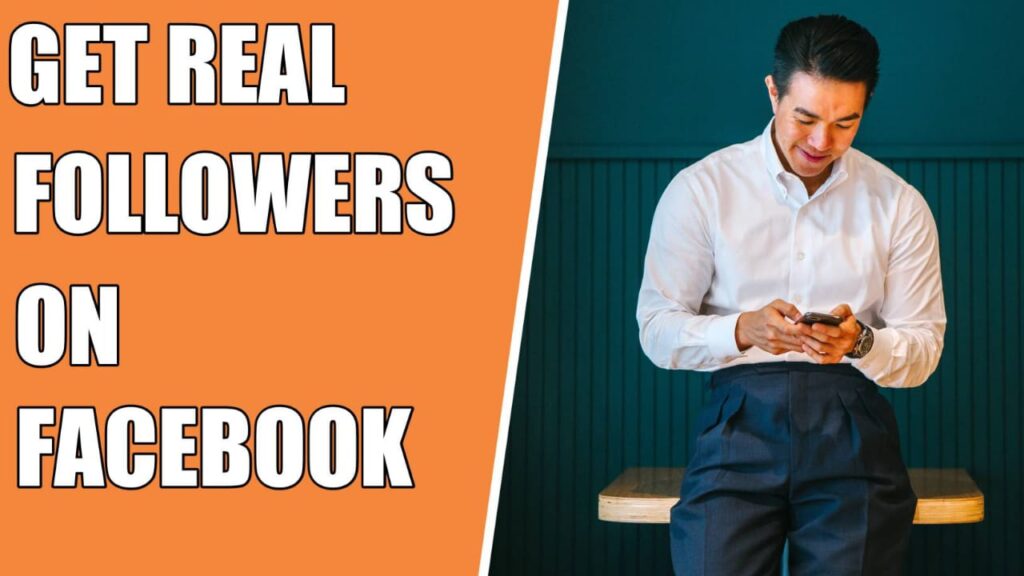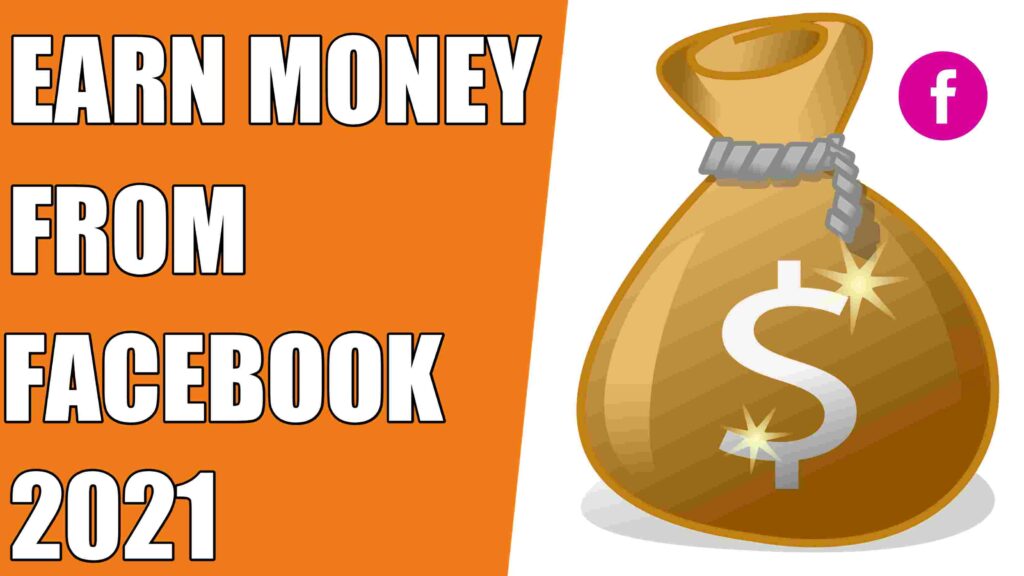Facebook page monetization is the process of generating revenue from a Facebook page by displaying ads or other forms of sponsored content to its audience. This can be achieved through a variety of means, including Facebook’s own ad network, affiliate marketing, sponsored posts, and other forms of paid content.
To start monetizing a Facebook page, the first step is to meet Facebook’s eligibility criteria. This includes having at least 10,000 followers or likes on your page, meeting Facebook’s community standards and content policies, and adhering to Facebook’s terms of service.
Once your page meets these criteria, you can apply for Facebook’s Creator Studio, which is a tool that enables creators to manage their content, engage with their audience, and monetize their content on Facebook. In Creator Studio, you can apply to join Facebook’s Partner Program, which allows you to earn money through various monetization options.

One of the most popular monetization options for Facebook pages is the use of Facebook’s ad network. This allows you to display ads on your page, and you earn a share of the revenue generated from these ads. Facebook’s ad network uses a variety of targeting options to ensure that the ads displayed on your page are relevant to your audience, which can increase engagement and revenue.
Another way to monetize your Facebook page is through affiliate marketing. This involves promoting other people’s products or services on your page and earning a commission for any sales made through your referral link. Affiliate marketing can be a great way to monetize your page if you have a niche audience with specific interests or needs.
Sponsored posts are another popular monetization option for Facebook pages. This involves partnering with brands or companies to promote their products or services on your page. In exchange, you receive payment or other incentives. Sponsored posts should be clearly labeled as such, according to Facebook’s guidelines, to ensure transparency and maintain the trust of your audience.
There are a few more monetization options that Facebook offers for pages that have a large following and high engagement. Let’s take a look at them:
Fan Subscriptions: This monetization option allows your fans to support your content by subscribing to your page. Subscribers get access to exclusive content, such as behind-the-scenes footage or Q&A sessions. In exchange, you receive a monthly revenue share from Facebook.
Brand Collaborations: This monetization option involves partnering with brands to create sponsored content or product placements on your page. This can be a great way to monetize your page if you have a large following and can offer brands access to your audience.
Live Streaming: Facebook Live allows you to live stream video content to your followers. You can monetize your live streams by displaying ads during the stream, selling merchandise, or accepting donations from viewers.
Instant Articles: Instant Articles is a feature that allows publishers to create fast-loading, mobile-optimized articles that are displayed directly in the Facebook app. Publishers can monetize their Instant Articles by displaying ads or selling subscriptions.
It’s important to note that while Facebook page monetization can be a great way to earn money from your content, it’s not a get-rich-quick scheme. Building a successful Facebook page takes time, effort, and consistency. You need to create high-quality content that resonates with your audience and engages them regularly. By doing so, you can build a loyal following and monetize your page in a way that feels authentic and sustainable.
Another monetization option that is available on Facebook pages is the ability to sell digital products or services. This can include e-books, online courses, coaching sessions, or any other digital products that your audience may be interested in. You can use Facebook’s Shop feature to list your products or services, and promote them to your followers through sponsored posts or other marketing efforts.
In addition to these monetization options, Facebook also offers grants and funding opportunities for creators and publishers. For example, the Facebook Journalism Project offers funding and support to publishers who are creating high-quality news content on Facebook. Similarly, the Facebook Gaming Creator Program provides funding and resources to gaming creators who are building a community on the platform.
Overall, Facebook page monetization offers a variety of options for creators and publishers to generate revenue from their content and audience. However, it’s important to remember that success on Facebook requires a strategic approach, consistent effort, and a commitment to creating content that resonates with your audience. By following best practices, building a loyal following, and diversifying your monetization strategies, you can turn your Facebook page into a sustainable source of income and growth.
Facebook offers a feature called “Facebook Fundraisers” that allows page owners to create a fundraising campaign for a cause or project they are passionate about. This feature can be used to raise money for non-profit organizations, personal projects, or any other fundraising efforts. By promoting the campaign to their followers, page owners can encourage their audience to donate and support the cause.
Additionally, Facebook also offers a program called “Ad Breaks” that allows page owners to monetize their video content with in-stream ads. To be eligible for Ad Breaks, page owners must have at least 10,000 followers, meet Facebook’s Partner Monetization Policies, and have at least 30,000 one-minute views on videos. Ad Breaks can provide a significant revenue stream for page owners who produce high-quality, engaging video content that resonates with their audience.
Finally, it’s important to note that Facebook page monetization requires a strong understanding of the platform’s policies and guidelines. Page owners must adhere to Facebook’s community standards and content policies, which prohibit certain types of content such as hate speech, violence, and misinformation. Violating these policies can result in penalties such as page restrictions or removal from the platform. By staying up-to-date with Facebook’s policies and guidelines, page owners can ensure that they are monetizing their content in a responsible and sustainable way.
In conclusion, Facebook page monetization can be a lucrative way to earn money from your content and audience. However, it is important to adhere to Facebook’s policies and guidelines, and to maintain the trust of your audience by providing high-quality content that is relevant and engaging. By using Facebook’s monetization options wisely, you can turn your Facebook page into a source of income and grow your online presence.




